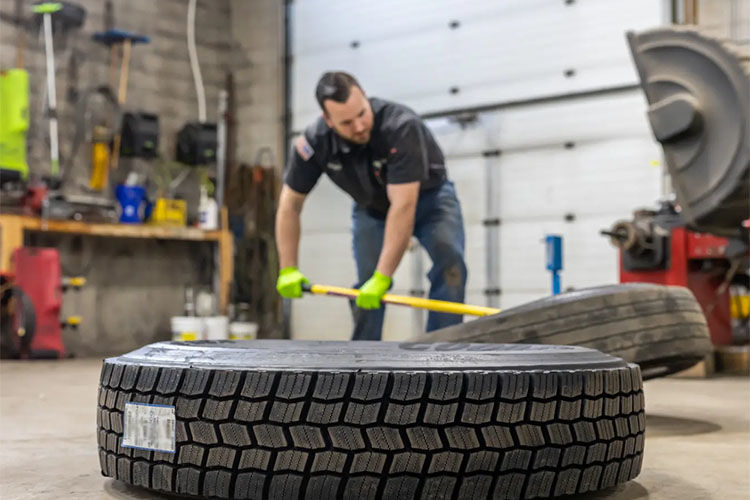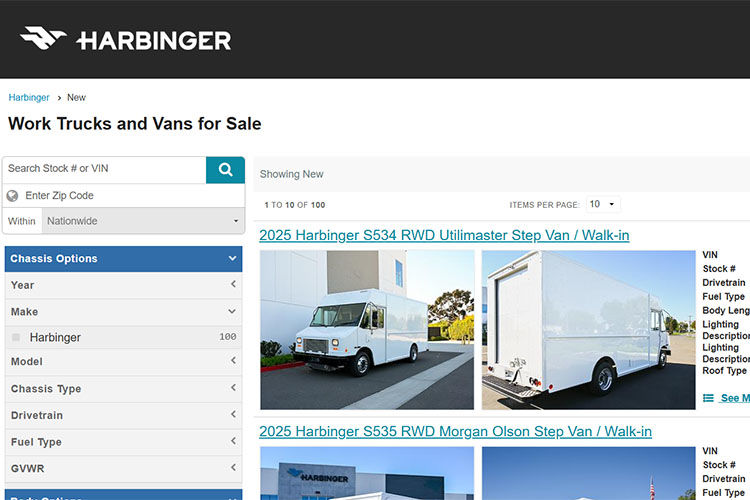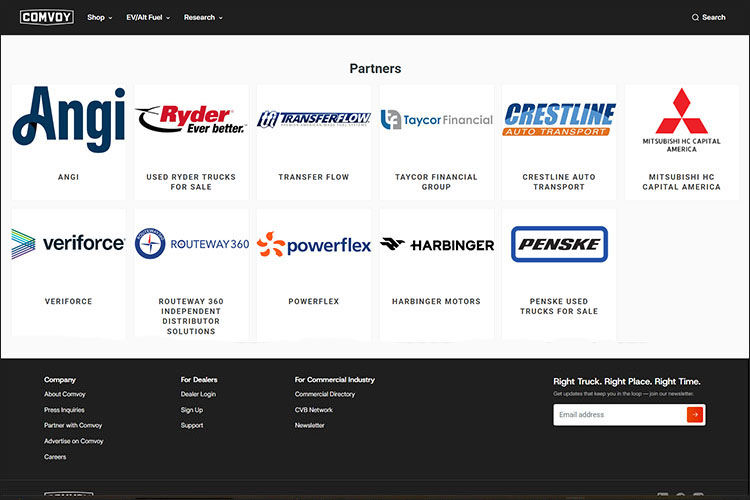Summer Fleet Maintenance: How to Protect Commercial Vehicles from Extreme Heat


Summer Fleet Maintenance: How to Protect Commercial Vehicles from Extreme Heat
As temperatures rise, fleet owners and small business operators must take proactive steps to ensure vehicle uptime and driver safety. Without proper summer fleet maintenance, commercial vehicles such as box trucks, plumbing van, or a pest control truck face overheating risks, costly breakdowns, and fuel inefficiencies. By implementing seasonal fleet care strategies—such as cooling system inspections, tire pressure monitoring, and battery health checks—businesses can reduce downtime and keep operations running smoothly.
Inspecting and Maintaining Cooling Systems
Engines generate significant heat, and soaring temperatures only add to the strain. A properly functioning cooling system is essential for preventing overheating and costly repairs. Fleet operators / business owners should:
- Consider flushing the cooling system to remove contaminants that could hinder performance if you’ve not done so recently.
- Give radiators a thorough inspection and cleaning, and then regularly check for leaks and debris buildup.
- Check coolant levels and top off with the appropriate blend for extreme temperatures.
- Ensure fan systems and thermostats are functioning correctly to regulate engine temperature.
Tire Care for Hot Weather
Tires endure extra stress in summer as high temperatures cause air to expand, increasing pressure and blowout risks. Business owners / fleet managers should:
- Monitor tire pressure frequently, adjusting for temperature fluctuations.
- Inspect tread wear and rotate tires to ensure even performance across the fleet.
- Consider summer-grade or heat-resistant tires for vehicles that operate in extreme conditions.
- Ensure proper alignment and balance to reduce unnecessary stress on tires.
Battery Health in High Temperatures
Heat accelerates battery fluid evaporation, leading to weaker performance and potential failures. Preventative measures include:
- Checking battery charge levels and replacing units nearing the end of their lifespan.
- Inspecting terminals for corrosion and cleaning them as needed.
- Securing batteries properly to minimize vibrations that can cause internal damage.
Air Conditioning and Driver Comfort
Fleet drivers spend hours on the road, and proper climate control is essential for their well-being and productivity. To maintain optimal cabin conditions, it’s important to:
- Ensure air conditioning units are functioning at full capacity.
- Check and replace cabin air filters to improve airflow and air quality.
- Remind drivers to stay hydrated and use sun protection, such as window shades and sunscreen.
Fuel and Engine Considerations
High temperatures can alter engine performance and fuel efficiency. Those in charge of fleets should:
- Monitor fuel usage and adjust driving habits to optimize consumption.
- Ensure proper lubrication levels to prevent engine wear caused by heat stress.
- Reduce excessive idling, which can overheat the engine and waste fuel.
Emergency Preparedness for Heat-Related Breakdowns
No matter how well-maintained a fleet is, heat-related issues can still arise. Mitigate risks by:
- Equipping each vehicle with an emergency kit containing water, cooling tools, and basic repair supplies.
- Developing a summer breakdown response protocol to ensure quick and efficient handling of unexpected issues.
- Training drivers to recognize early signs of overheating and take appropriate action before a problem escalates.
Conclusion
Commercial fleet operators / business owners who take proactive measures to combat summer heat will reduce vehicle downtime and improve overall efficiency. By prioritizing seasonal maintenance, drivers can stay safe, and businesses can avoid costly disruptions. A well-maintained fleet is a reliable fleet, ready to take on the heat without hesitation.
 About the author: Ryan E. Day is a communications specialist at Work Truck Solutions, where he turns complex ideas into engaging content that drives business impact across industries and platforms. With 13 years of experience in B2B content marketing, Ryan specializes in storytelling, strategic messaging, and digital optimization.
About the author: Ryan E. Day is a communications specialist at Work Truck Solutions, where he turns complex ideas into engaging content that drives business impact across industries and platforms. With 13 years of experience in B2B content marketing, Ryan specializes in storytelling, strategic messaging, and digital optimization.
Ryan's work has been featured in Comvoy, Quality Digest, Youtube, and Amazon Kindle. Connect with Ryan on his Linkedin page.
 Driving Business Growth Through Financial Flexibility: How You Buy Your Truck Matters
Driving Business Growth Through Financial Flexibility: How You Buy Your Truck Matters The Comvoy 2026 Event Calendar: We’ll See You There
The Comvoy 2026 Event Calendar: We’ll See You There Wheel Safety Is Your Business: How to Protect Your Fleet and Your Bottom Line
Wheel Safety Is Your Business: How to Protect Your Fleet and Your Bottom Line Harbinger Electric Step Vans and Cab Chassis Vehicles Now Available on Comvoy
Harbinger Electric Step Vans and Cab Chassis Vehicles Now Available on Comvoy Comvoy’s Partner Network: Your Shortcut to Smarter Fleet Solutions
Comvoy’s Partner Network: Your Shortcut to Smarter Fleet Solutions







